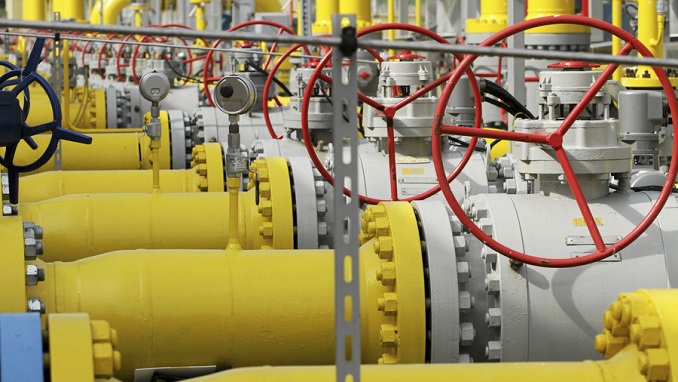Natural gas company Moldovagaz has agreed in principle to a three-year extension to its existing supply contract with Russia’s Gazprom, the Moldovan company said on Tuesday, according to Natural Gas World.
Moldovan energy ministry officials are set to meet transportation partners in Romania and Ukraine to discuss how this will be supplied, the report said.
Moldovagaz, which is majority owned by Gazprom, said the two parties “have reached an agreement and are ready to sign, as soon as possible, the annexes to the supply agreement.” The existing agreement between the two expires on December 31, 2019, the same date as the expiry of the transportation contract between Russia and Ukraine, which is under negotiation.
This new extension to the agreement between Moldovagaz and Gazprom will last until December 2022, but will not be signed until transportation arrangements are finalized.
“The contract stipulates the conditions for the supply of natural gas for consumers of the Republic of Moldova through three alternative ways: at the border with the Russian federation and Ukraine… at the border with Romania and Ukraine through the trans-Balkan corridor, [or] on the western [Ukrainian] border with EU countries,” Moldovagaz said in a statement.
Moldovagaz is “ready to receive” 12.4 million cu m/d (4.526 billion cu m/year) after joint operations with Bulgaria, Romania, Ukraine and the Republic of Moldova, the statement said, and that “the Romanian and Ukrainian side have already officially completed all of the works.”
Alternative delivery points are common practice in long-term gas sales agreements, with the first proposed option in this instance for receiving gas at the Russia-Ukraine border also a potential resolution for gridlocked tri-lateral talks between Russia, Ukraine and the EU.
According to the European Network of Transmission System Operators for Gas (ENTSOG) transparency platform, a stretch of the trans-Balkan pipeline runs through Romania into Moldova, and can receive gas transported through Bulgaria and Turkey. The latter’s supply line will soon be linked to the 15.5 Bcm/year TurkStream transit, which is set to supply Russian gas to the region from early 2020.












